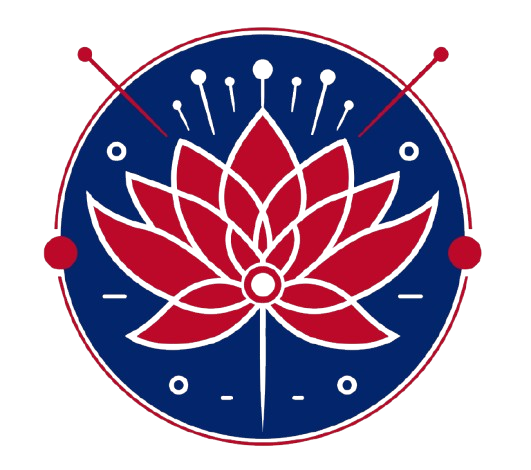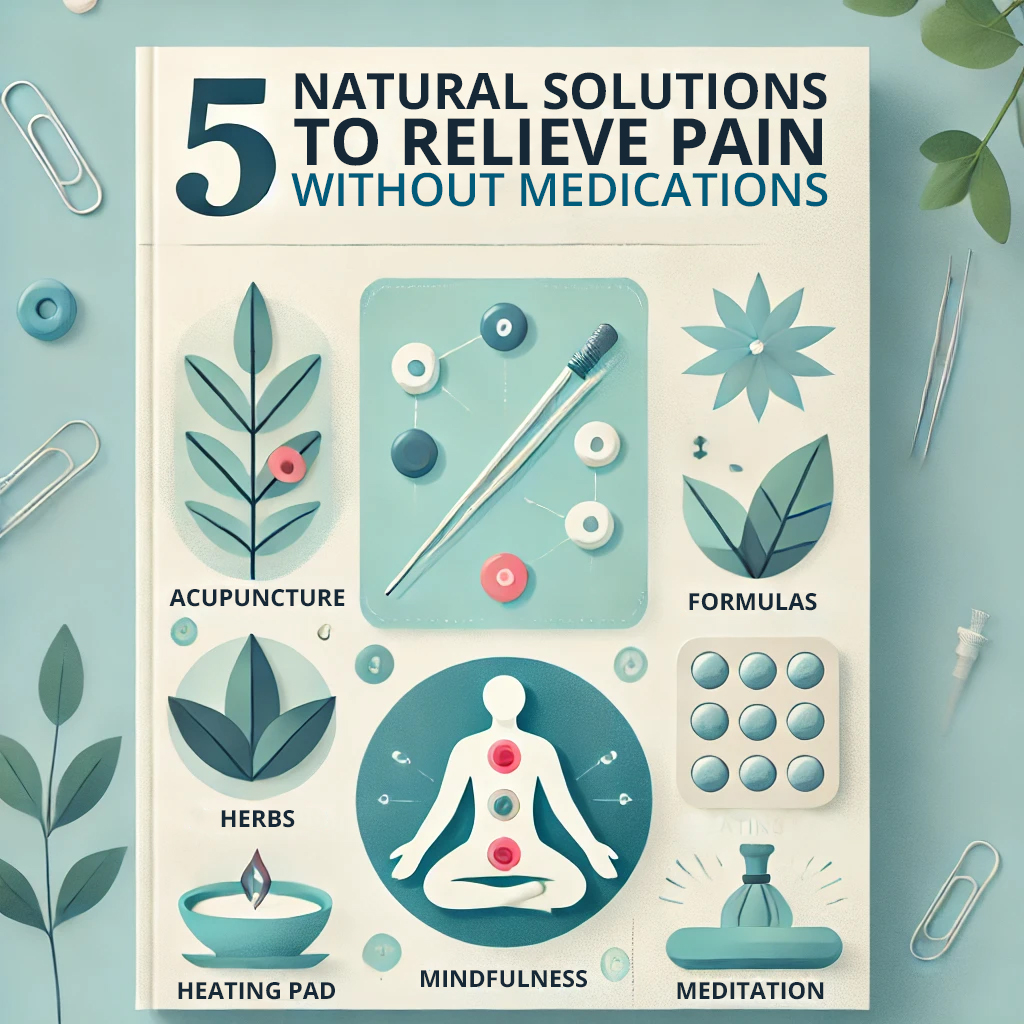As you navigate St. Petersburg’s vibrant cultural scene, constant stress and pressure to keep up with the city’s fast-paced lifestyle can secretly take a toll on your bladder health, increasing your risk of developing overactive bladder (OAB) symptoms. You’re not alone – approximately 33 million Americans suffer from OAB. Stress triggers involuntary bladder contractions, increasing urgency, and worsens anxiety and depression, complicating management. By understanding the link between stress and OAB, you can take the first step towards regaining control over your bladder health, and discovering the holistic approaches that can help you find relief from OAB symptoms and improve your overall well-being.
Key Takeaways
- St. Petersburg’s fast-paced lifestyle, characterized by high stress levels and unhealthy habits, increases the risk of Overactive Bladder (OAB) symptoms.
- Stress triggers involuntary bladder contractions, leading to urgency and frequency issues, and worsens anxiety and depression associated with OAB.
- The city’s vibrant cultural scene and late-night socializing contribute to increased caffeine and carbonated beverage consumption, exacerbating OAB symptoms.
- Stress disrupts sleep patterns, leading to nocturia, and impairs the body’s natural healing, making it challenging to manage OAB symptoms.
- Lifestyle changes, such as a healthy diet, regular exercise, and stress-reducing techniques, can help alleviate OAB symptoms and improve overall quality of life in St. Petersburg.
St. Petersburg’s Fast-Paced Lifestyle Factors
As you navigate St. Petersburg’s vibrant cultural scene, you’re constantly on the go, and that fast-paced lifestyle can have a profound impact on your overall health, particularly when it comes to your urinary tract. The city’s emphasis on outdoor activities and events may lead you to consume more caffeine and carbonated beverages, both known triggers for overactive bladder (OAB) symptoms. High levels of stress associated with urban living, including work pressures and social obligations, can activate your body’s fight-or-flight response, causing bladder contractions and urgency. Additionally, stress can also affect digestion digestive health and overall well-being. In addition, regular acupuncture sessions can help reduce stress-related issues and promote relaxation, which is crucial for a healthy urinary tract. The warm climate encourages late-night socializing, disrupting sleep patterns due to nocturia, further tying lifestyle factors to OAB challenges. Likewise, the prevalence of obesity in urban populations, including St. Petersburg, is linked to increased risk factors for OAB. It’s important to recognize how these lifestyle factors contribute to stress, which can greatly diminish your quality of life. By acknowledging and addressing these factors, you can take the first step towards a healthier urinary tract and a better quality of life.
Understanding Overactive Bladder Symptoms
You’re likely familiar with the sudden, intense urge to urinate that comes with overactive bladder (OAB) – it’s a sensation that can be embarrassing, inconvenient, and disrupt your daily routine. If you’re experiencing OAB symptoms, you’re not alone – approximately 33 million Americans are dealing with the same issues. This can be attributed to various factors, including muscle tension and stress, which can exacerbate underlying conditions. You may find yourself urinating frequently during the day and night, and possibly even experiencing involuntary leakage of urine due to the urgency. This can lead to nocturia, waking up multiple times during the night to urinate, affecting your sleep quality and overall well-being. It’s important to understand that OAB is distinct from urinary incontinence, although the two conditions can overlap. While OAB can cause leakage, not all individuals with OAB experience incontinence. The symptoms of OAB can vary widely in severity and frequency, leading to psychological impacts such as anxiety and depression. Recognizing the signs and symptoms of OAB is vital in taking the first step towards managing the condition and regaining control over your life.
The Role of Stress in OAB
Stress can weigh heavily on your overall health, and its impact on your bladder can be particularly debilitating. As a resident of St. Petersburg, you may be no stranger to high-stress lifestyles, which can increase the likelihood of developing Overactive Bladder (OAB). When you’re stressed, your body’s fight-or-flight response is activated, leading to involuntary bladder contractions and increased urgency – a perfect storm for OAB symptoms. In addition, stress can also disrupt the body’s natural healing abilities, making it more challenging to address underlying health issues herbal medicine expertise. Additionally, a personalized treatment plan that addresses your unique health needs and existing medications can be essential in managing OAB.
- Activating the fight-or-flight response: Stress triggers involuntary bladder contractions, making it difficult to control your urinary frequency and urgency.
- Aggravating psychological issues: Anxiety and depression, often exacerbated by stress, can further weaken bladder control and contribute to OAB symptoms.
- Encouraging unhealthy habits: Stress-related habits like increased caffeine and alcohol consumption can act as additional triggers for OAB symptoms.
- Disrupting your lifestyle: High-stress lifestyles can disrupt your daily routine, making it challenging to maintain healthy habits that support bladder health.
Lifestyle Changes for OAB Relief
Frequently, making simple lifestyle changes can significantly alleviate the symptoms of Overactive Bladder (OAB). You can start by adopting a healthy diet rich in vegetables, whole grains, and lean proteins, which has been shown to reduce the risk of OAB. Maintaining a healthy weight through regular exercise is also essential, as obesity is a known risk factor linked to increased urinary urgency and frequency. Additionally, limiting your consumption of carbonated drinks, caffeine, and alcohol can help manage OAB symptoms, as these substances can exacerbate urgency and frequency. Moreover, incorporating alternative therapies like acupuncture for pain management can also help alleviate stress, which is a common contributor to OAB symptoms. By reducing stress and anxiety, individuals can better manage their OAB symptoms.
Engaging in pelvic floor exercises, such as Kegel exercises, can strengthen the muscles that support bladder function, potentially reducing symptoms of OAB and improving overall bladder control. Behavioral modifications, like bladder retraining techniques, can also help extend the time between bathroom visits, increasing bladder capacity and reducing the urgency associated with OAB. By incorporating these lifestyle changes into your daily routine, you can take control of your OAB symptoms and improve your overall quality of life.
Managing Stress to Treat OAB
As anxiety and tension build, your body’s “fight-or-flight” response is triggered, causing your bladder muscles to contract involuntarily and exacerbating Overactive Bladder (OAB) symptoms. This is because stress activates the fight-or-flight response, which can lead to involuntary bladder contractions and worsen symptoms of OAB. Acupuncture, a holistic method for stress reduction, can enhance relaxation and reduce anxiety, fostering a calm mind and positively impacting OAB symptoms acupuncture for stress. Additionally, regular acupuncture treatments can improve overall well-being, leading to better sleep quality and duration, which is essential for managing stress and OAB.
To manage stress and treat OAB, consider the following lifestyle modifications:
- Practice stress-reducing techniques: Engage in mindfulness, yoga, and deep breathing exercises to reduce anxiety and tension.
- Stay physically active: Regular physical activity can alleviate stress and improve bladder control.
- Seek professional guidance: Consult with healthcare professionals about stress management strategies to create a thorough treatment plan for OAB symptoms.
- Address psychological issues: Identify and address underlying psychological issues such as anxiety and depression, which can exacerbate OAB symptoms.
Frequently Asked Questions
Can an Overactive Bladder Be Caused by Stress?
You’re right to wonder: can an overactive bladder be caused by stress? Yes, it can! Stress can trigger involuntary bladder contractions, increasing urgency and frequency, which is why addressing psychological well-being is essential in managing OAB symptoms.
What Calms Down an Overactive Bladder?
You calm your overactive bladder by adopting a holistic approach, incorporating stress-reducing mindfulness exercises, regular physical activity, and a balanced diet, while also exploring non-invasive treatments like the Bladder RE-EXPANSION Technique to promote overall bladder health and peace of mind.
What Is the Main Cause of Overactive Bladder?
You’ll find that the main cause of overactive bladder is often a complex combination of physiological and psychological factors, including bladder injuries, infections, neurological conditions, and psychological issues like stress, anxiety, and depression, which can all contribute to your symptoms.
Can Psychological Stress Cause Urinary Incontinence?
You’re probably wondering if stress can cause urinary incontinence. The answer is yes, it can. When you’re stressed, your body’s fight-or-flight response triggers involuntary bladder contractions, leading to increased urgency and frequency, which can result in urinary incontinence symptoms.
Conclusion
As you navigate St. Petersburg’s frenetic streets, remember that your body is not a tightly wound drum, ready to snap at any moment. By acknowledging the intricate dance between stress and OAB, you can take the first step towards harmony. By making conscious lifestyle changes and managing stress, you can quiet the symphony of symptoms and find a sense of balance, freeing you to soak up the city’s vibrancy without the burden of OAB holding you back.
Start Your Health Transformation
At Elite Care Acupuncture & Alternative Medicine, we’re dedicated to helping you achieve your best health with tailored, holistic care. Whether you’re seeking pain relief, stress management, or natural health solutions, our expert team is here to guide your journey to wellness.
Connect with Us:
Address:
11105 7th Avenue North, Saint Petersburg, FL 33705
Phone: +1 (727) 606-8700
Website: www.EliteCare.clinic



